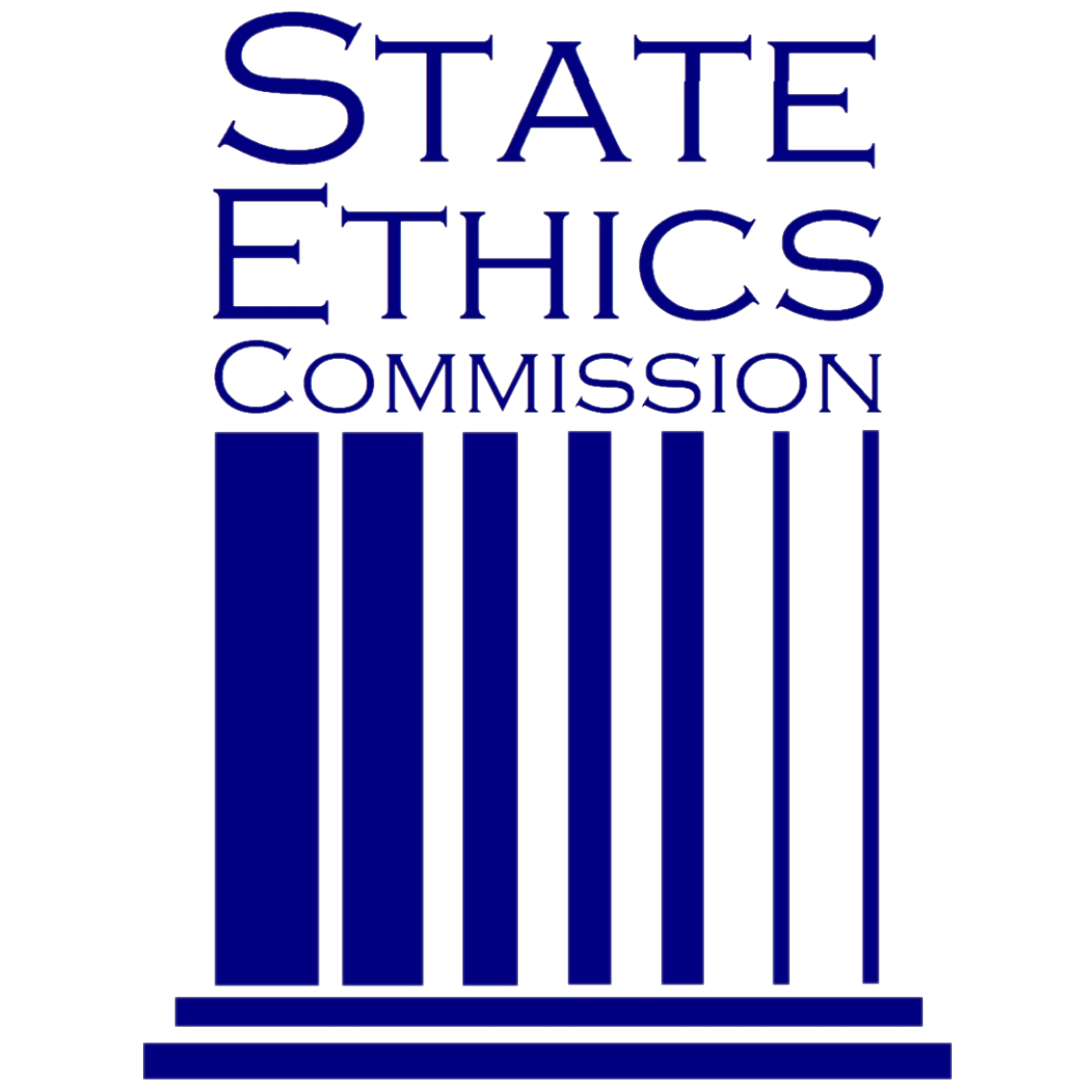- David A. Wilson, Executive Director
Media Contact
Gerry Tuoti, Public Information Officer
Boston, MA — The State Ethics Commission issued a Public Education Letter today to Laureen Pizzi, former Director of Management/Resident Services Coordinator at the Weymouth Housing Authority, after finding reasonable cause to believe Pizzi violated the conflict of interest law by, on three separate occasions, leasing Weymouth Housing Authority apartments to individuals with whom she had personal connections, even though they were not eligible for the housing due to prior evictions. Pizzi’s employment with the Weymouth Housing Authority ended in June 2022, in substantial part due to these actions.
As Weymouth Housing Authority Resident Services Coordinator, Pizzi was responsible for screening applicants for Housing Authority housing and leasing apartments to eligible tenants. Although a prior eviction generally renders an applicant ineligible for such housing, in May 2015, Pizzi leased a Weymouth Housing Authority apartment to her relative through marriage who had been evicted from prior housing. Pizzi later conducted a reexamination of her relative’s rent, resulting in a rent reduction. In June 2016, Pizzi did the same for her personal friend. In addition, Pizzi deleted Housing Authority records which likely indicated the friend had been evicted from prior housing for failure to pay rent. Pizzi later entered into repayment agreements with the friend for back rent owed to the Housing Authority. In October 2017, Pizzi leased a Weymouth Housing Authority apartment to her half-sibling who also was ineligible for the housing due to a prior eviction. Additionally, Pizzi did not require her half-sibling to pay rent for the first month of the tenancy.
The conflict of interest law prohibits public employees from using their official positions to obtain for anyone valuable privileges which are unwarranted and not properly available to them. The Commission found reasonable cause to believe that Pizzi violated this prohibition when she leased Housing Authority apartments to her half-sibling, friend, and relative through marriage, all of whom were ineligible for the apartments due to prior evictions. The Commission also found reasonable cause to believe Pizzi violated this prohibition by deleting Housing Authority records concerning her friend’s previous tenancy apparently in furtherance of obtaining housing for which the friend was ineligible.
In addition, the conflict of interest law prohibits municipal employees from participating officially in matters in which they know their immediate family members have a financial interest. The Commission found reasonable cause to believe Pizzi violated this prohibition when she leased a Housing Authority apartment to her half-sibling and did not require her half-sibling to pay rent for the first month of her tenancy.
The Commission also found reasonable cause to believe Pizzi violated the conflict of interest law’s prohibition against public employees acting in a way that would cause a reasonable person to conclude they can be unduly influenced by anyone or are likely to act with favoritism towards anyone in their official actions. Although an appointed public employee can avoid violating this prohibition by, before acting officially, making a public, written disclosure of the facts that would cause such an appearance of favoritism, Pizzi made no such disclosure regarding her personal ties to her friend and relative through marriage before conducting reexaminations of their income and allowing her friend to enter a repayment plan with the Housing Authority.
The Commission determined that the public interest would be best served by resolving this matter with the Public Education Letter to Pizzi publicly discussing and explaining the application of the conflict of interest law to her actions. Pizzi agreed to resolve the matter with the Public Education Letter and waived her right to a hearing before the Commission. The Commission expects that the letter will provide public employees in similar circumstances with a clearer understanding of how to comply with the law.
The Commission encourages public employees to contact the Commission’s Legal Division at 617-371-9500 for free advice if they have any questions regarding how the conflict of interest law may apply to them.
###
